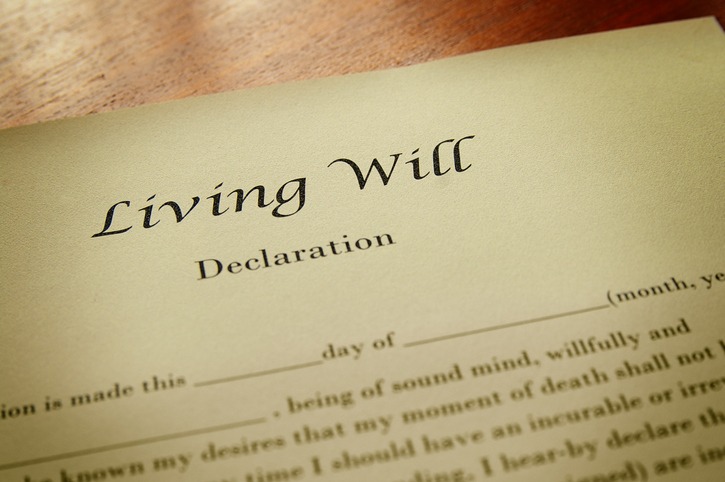This continues my series related to estate planning and common questions; this post is about a living will, what it is, and if you need one.
First, a living will is a legal document that outlines your wishes regarding medical treatment and end-of-life care in situations where you are unable to communicate or make decisions for yourself. It typically specifies the types of life-sustaining treatments, including artificially or technologically supplied nutrition and hydration, as well as resuscitation, mechanical ventilation, or other interventions.
KEY POINTS ABOUT HAVING A LIVING WILL:
- It details your preferences for medical care if you are terminally ill, permanently conscious, or in a similar state.
- While laws governing living wills may vary by state or country, they are generally recognized as binding documents.
- Living wills are complementary to having a healthcare proxy (I’ll provide more information on what that is soon) but know for now, it is good to have both.
KEY BENEFITS OF HAVING A LIVING WILL
- The primary benefit is that it will ensure your wishes will be followed, giving you control over your healthcare when you are unable to speak for yourself.
- In my opinion, the second benefit is just as significant: it removes the uncertainty and burden for your loved ones – they won’t be forced to “guess” what you may or may not have wanted to happen. This is important in that it eliminates any guilt they may feel if they are concerned they made the wrong choice on your behalf.
- Along the same lines, it reduces the risk of family disputes and or medical providers.
DO YOU NEED A LIVING WILL?
I believe everyone should have one, but of course, it is your choice. Consider the following questions to help you decide:
- Do you have strong feelings about life-prolonging treatments (that may quickly drain your estate, reducing your heirs’ inheritance significantly)?
- Do you want to remove the burden from your loved ones of “guessing” what you would have wanted (and possibly living with guilt as a result)?
- Are you currently suffering from a condition that could lead to incapacity?
Similar to other legal documents, like a will, there is no requirement for you to have a living will. It is entirely up to you. But now that you may better understand the consequences of not having one, you might want to meet with me to talk about it. Just as having a will can do, a living will can provide peace of mind, knowing that your wishes will be documented (and followed) and that you’re not burdening loved ones with decisions they shouldn’t have to make on your behalf. Think about it, and if you’d like to update or create your estate planning documents, I’d be honored to help you. Call 513-399-7526 or visit www.davidlefton.com to schedule time with me to talk about your plans and how to protect your loved ones. You’ll be glad you did.



